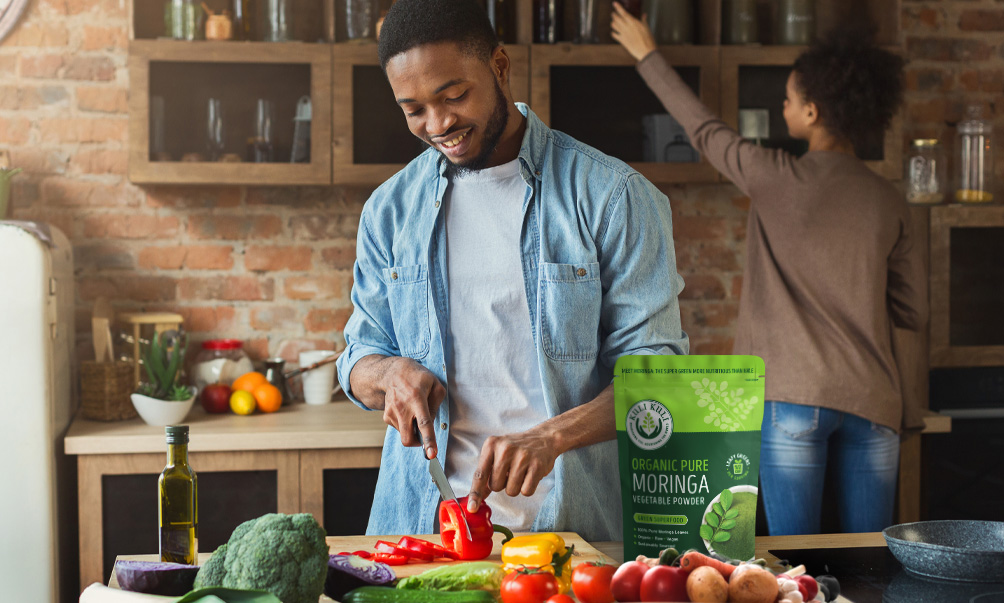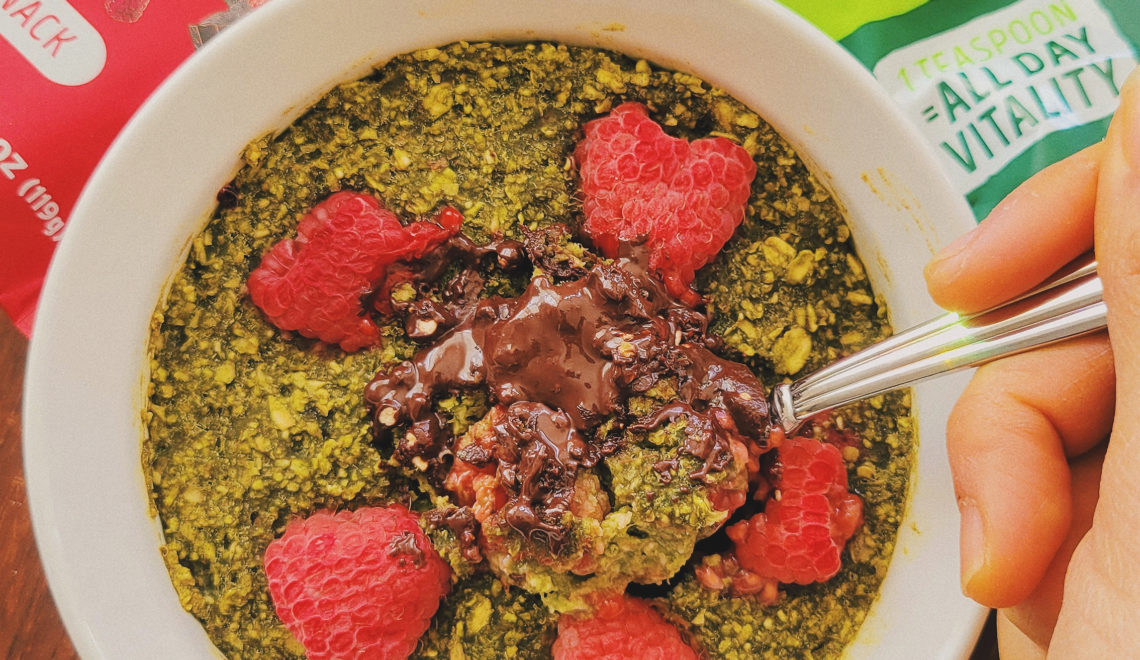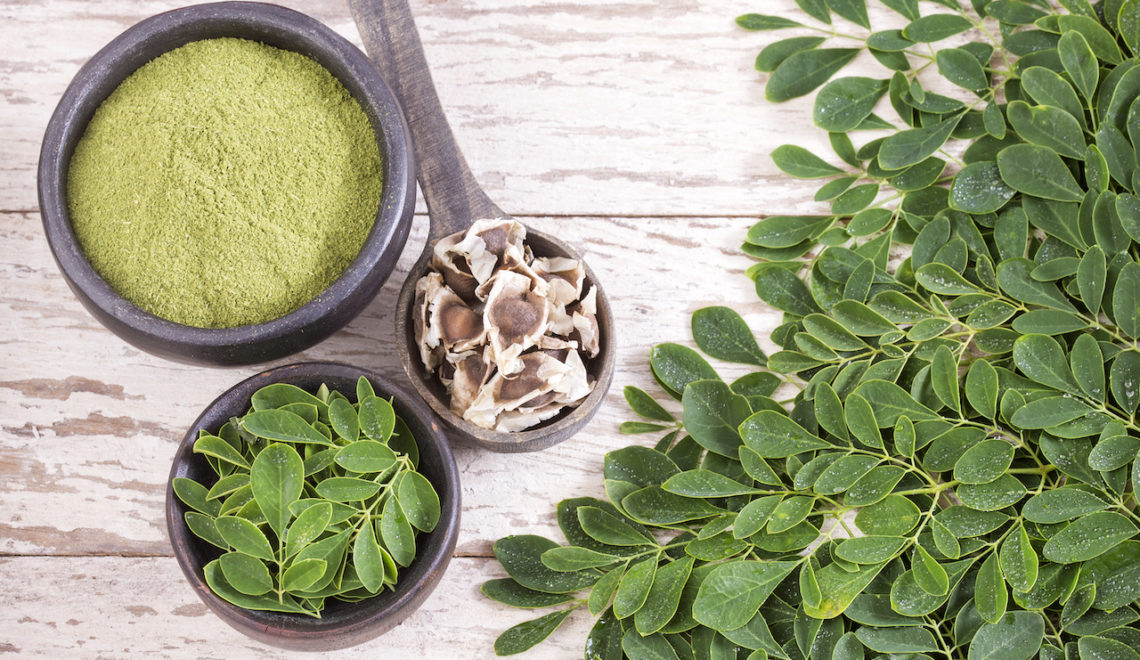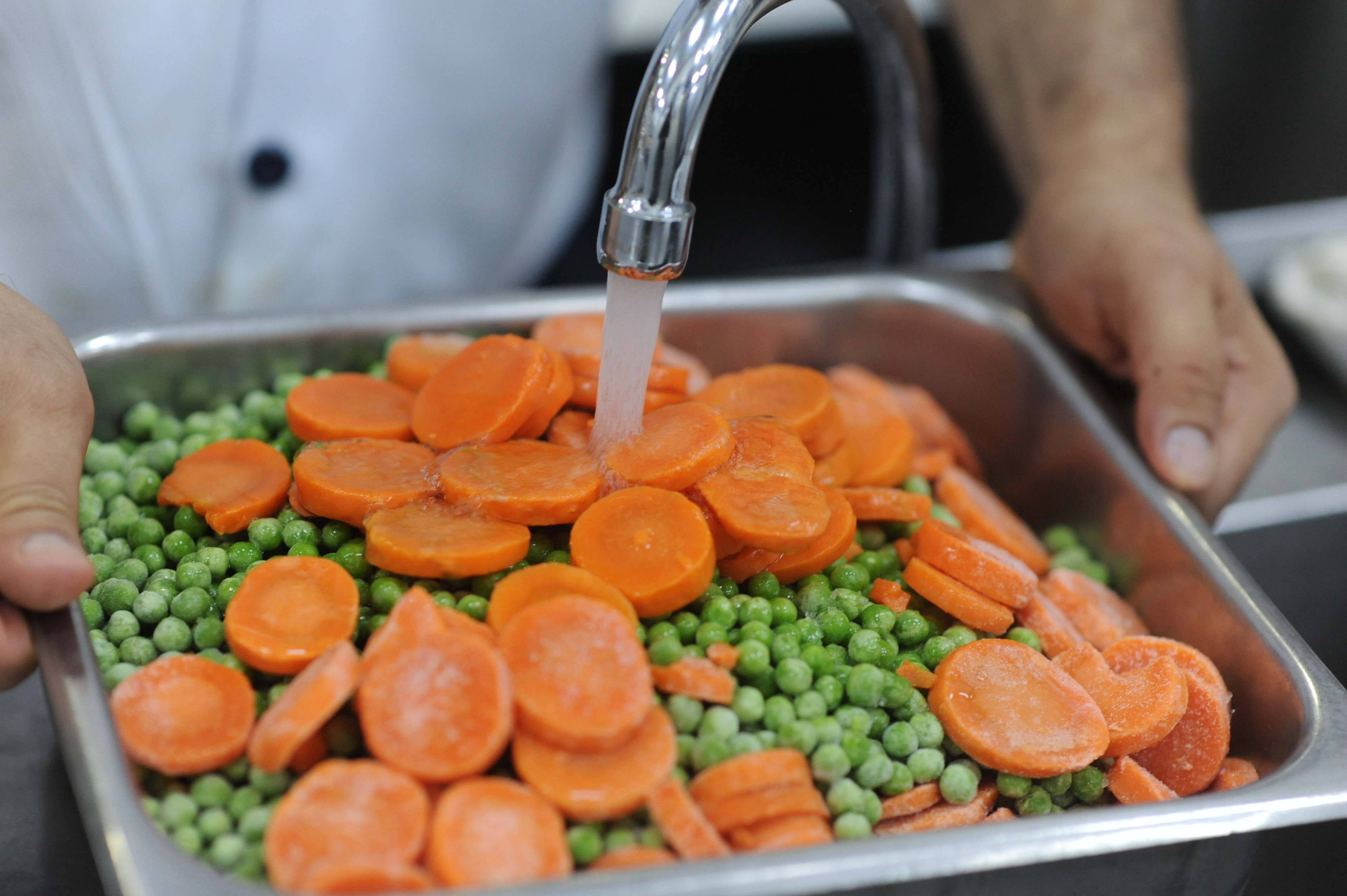
Some would never dare to venture into the frozen veggies aisle. When I think of the term “frozen food,” I imagine unhealthy and non-filling meals, preservative overload, and guilty pleasures. Frozen dinners and other highly processed convenience foods can be rather unhealthy and offer a great deal of empty calories, but frozen produce offers the exact opposite. According to the Academy of Nutrition and Dietetics, fruits and vegetables are “good-for-you” foods, whether they are fresh or frozen.
Vegetables and fruits have the highest amount of nutrients when they are harvested at their peak, as their nutrients begin to break down shortly after harvest. If you buy produce from the grocery store, you probably won’t know how long it takes to get from the farm to the store. From the time your produce takes to go through processing (anything from picking, washing, and packaging is considered processing) and transportation, nutrient degradation occurs rendering your fruits and veggies less nutrient rich than they were at the farm. Frozen veggies are flash frozen within hours after harvesting, preserving most of the nutrients.
Frozen veggies are quickly blanched before flash freezing to kill bacteria and to maintain their bright colors. During this process, anywhere between 15% – 77% of the vitamin C is lost. Vitamin C is water soluble and heat, light, and oxygen sensitive, so boiling and cooking veggies, both fresh and frozen, causes the water soluble vitamins to make their way into the water which you might be dumping into your sink. Fruits, on the other hand, are generally not blanched before freezing, but may lose some nutrients during the other processing stages.
Here’s a comparison of fresh and frozen spinach. Besides vitamin C, most of the other nutrients stay intact.
| 100g Fresh Spinach | 100g Frozen Spinach | |
| Calories | 23 kcal | 29 kcal |
| Sodium | 79 mg | 74 mg |
| Protein | 2.9g | 3.6g |
| Fiber | 2g, 9% DV | 3g, 12% DV |
| Vitamin A | 9376 IU, 188% DV | 11725 IU, 234% DV |
| Vitamin C | 28.1mg, 47% DV | 5.5mg 9% DV |
| Folate | 194mcg, 49% DV | 145mcg, 36% DV |
| Vitamin E | 2mg, 10% DV | 2.9mg, 14% DV |
| Calcium | 99mg, 10%DV | 129mg, 13% DV |
| Iron | 2.7mg, 15% DV | 1.9mg, 10% DV |
Frozen veggies are often the same price or cheaper than their fresh counterparts, they can be easier and faster to prepare, and they last for months. Sometimes I’ll buy fresh produce only to watch it go bad in my fridge, but I still have those trusty bags of frozen veggies in my freezer that I can turn to when I need them. Frozen produce works well in smoothies too! You can stock up your freezer and keep them for vegetable-related emergencies, but try to avoid boiling them because you’ll lose more water soluble vitamins that way, and this goes for fresh veggies as well. The best way to cook frozen veggies is straight from the freezer without thawing and steaming them in minimal water.
Now, I’m not telling you to replace all of your fresh produce with frozen, but it’s just another option available to consumers that is almost as nutritious as fresh produce. Even though there are slight nutritional differences between fresh and frozen, you’re going to be eating other foods throughout the day to meet your daily requirements anyway. So what will it be: Fresh or frozen? It’s really up to you. Produce is produce, frozen or not. Just make sure you mix up your diet and eat all the colors!
Sources: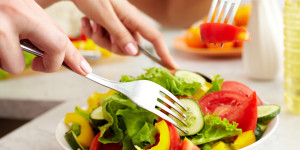
Nutrition information from nutritiondata.self.com

